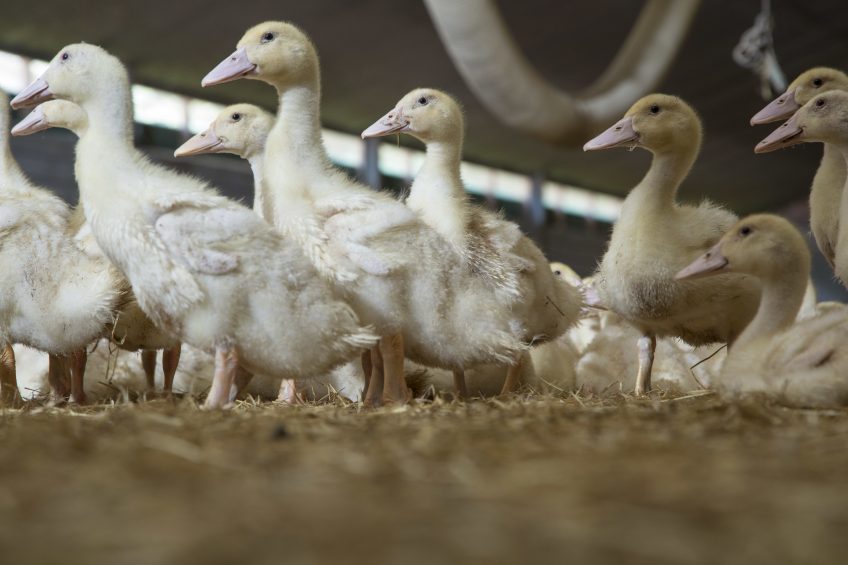Single vaccine developed for avian flu and duck enteritis

Researchers at a leading UK science laboratory have developed a single vaccine for avian flu and duck enteritis.
The scientists at The Pirbright Institute, Surrey, have been able, for the first time, to insert protective avian influenza virus genes into the duck enteritis virus (DEV) vaccine.
They have done this by using a method of CRISPR/Cas9 gene editing that allows higher rates of gene editing, making the process more efficient. The resulting vaccine virus is able to protect ducks against both DEV and avian influenza.
Duck enteritis virus
Duck enteritis virus infects ducks, geese and swans, causing mortality rates of up to 100%. Vaccines are widely used to reduce the impact of DEV, and have recently been utilised for delivering vaccine components of other viruses such as avian influenza.
Ducks: Important targets for vaccination campaigns
Domestic duck populations in southeast Asia play a key role in maintaining the reservoir of severe bird flu strains and allow infection to ‘spillover’ into chickens, making ducks important targets for vaccination campaigns.
Check out the interactive Poultry Health Tool – with the latest insights on the 40+ most common poultry diseases.
100’s of potential bird flu strains
As with human flu, bird vaccination is complicated by the hundreds of potential strains, with seasonal variations determining which vaccine should be used. The gene editing technique enables the rapid generation of vaccines that can protect against DEV while keeping up with the changing circulating flu strains.
First step in bird flu vaccines
Professor Munir Iqbal, leader of the Avian Influenza group, said: “This is the first time this CRISP/Cas9 method has been applied to duck enteritis virus and is an exciting step forward in the rapid development of bird flu vaccines.
“Vaccines that protect ducks against DEV as well as severe forms of avian flu will reduce production losses for duck farmers, safeguard other poultry species against flu infection and lower the risk of transmission to humans.”
Also read: Costs of US avian flu outbreak in 2014/5
DEV: Easy to manipulate
DEV is increasingly being used to deliver protective genes to birds due to its large genome size, making it easy to manipulate. The method’s design allows its application to different genes and viruses, opening up the possibility that other diseases can be tackled rapidly using this system.
Vaccine ready for registration
The vaccine is now ready for registration, and collaborations with pharmaceutical companies are being sought in order for the vaccine to be commercialised. The potential for avian fly to mutate in such a way that makes human-to-human transmission possible is of increasing concern, so vaccinating ducks is an essential strategy for protecting both birds and humans from infection.
Also read: Avian flu outbreaks emerge across the globe
The research was funded by the Biotechnology and Biological Sciences Research Council and British Council Newton Fund and the research has been published in the journal Viruses 2018 Volume 10, issue 2.












